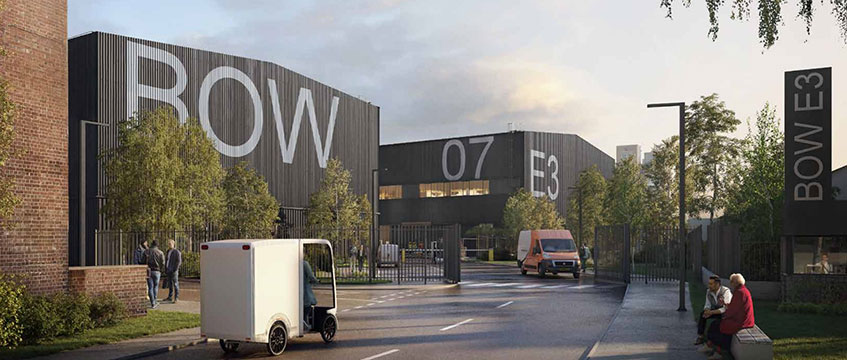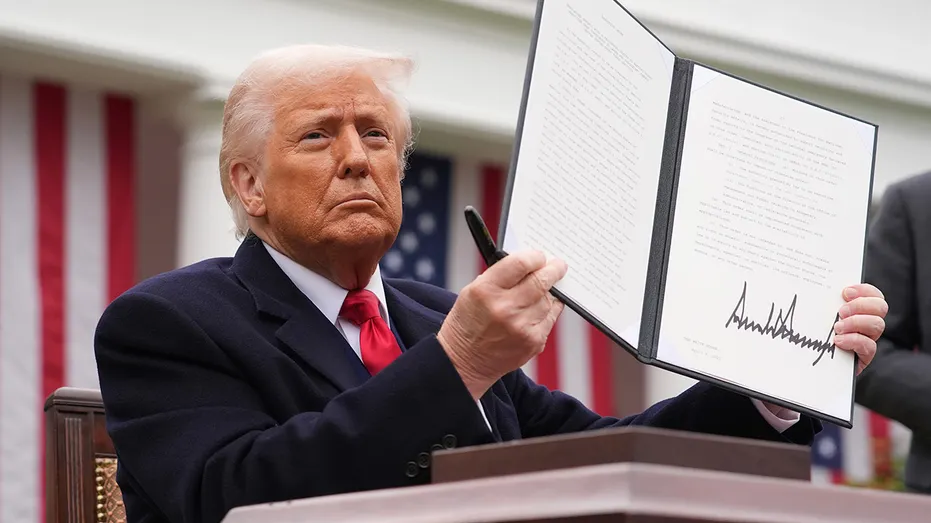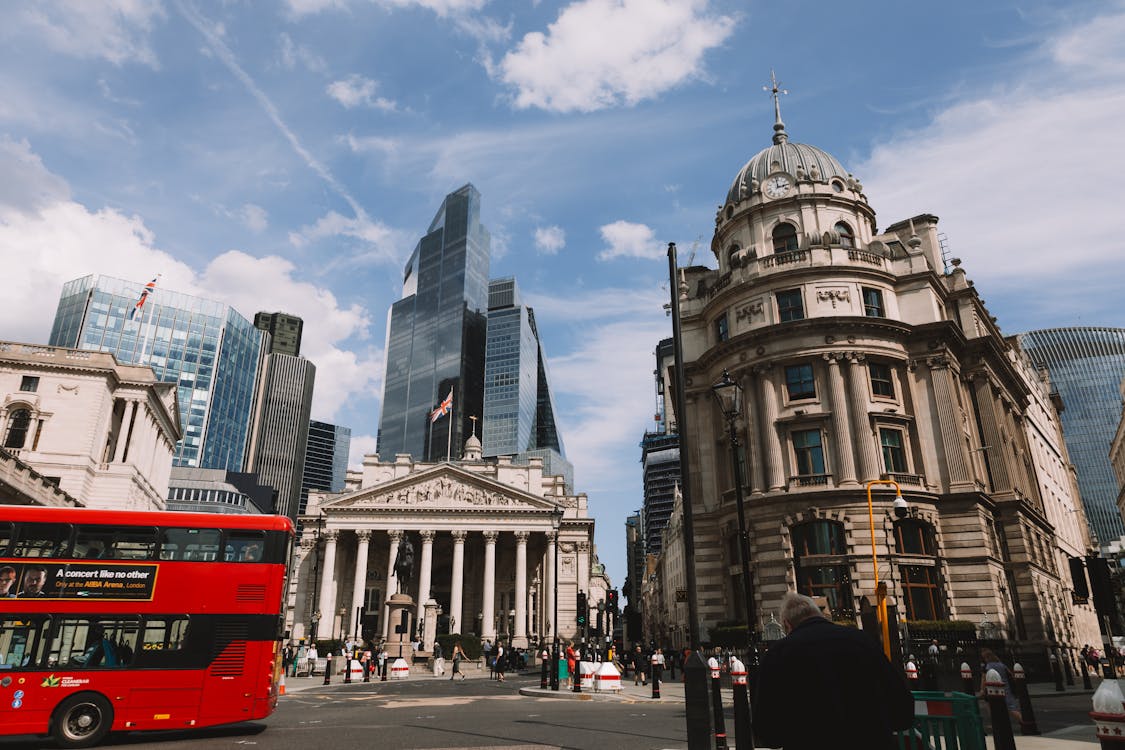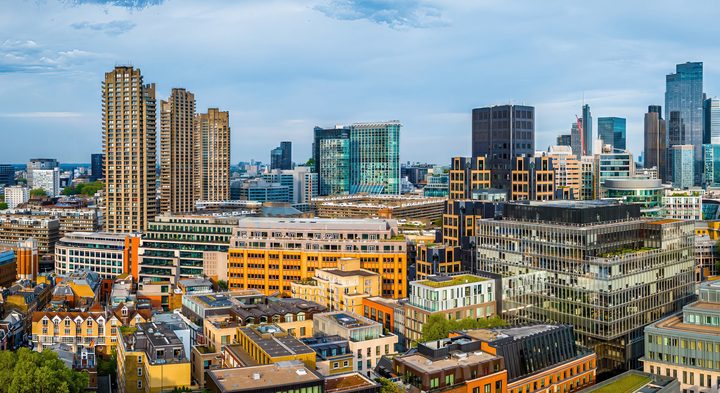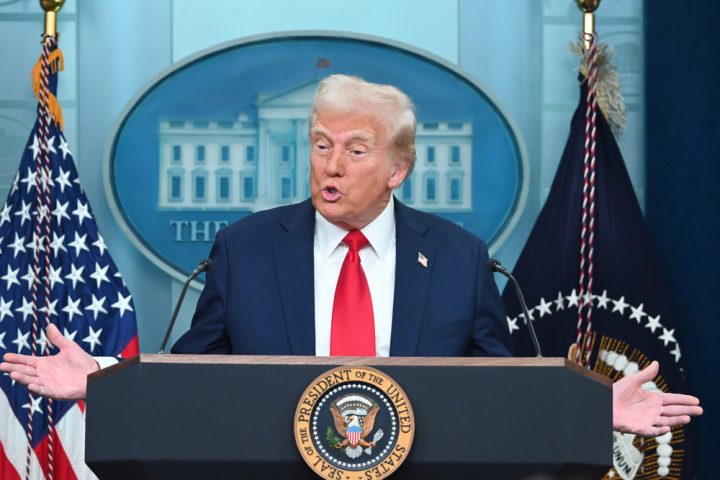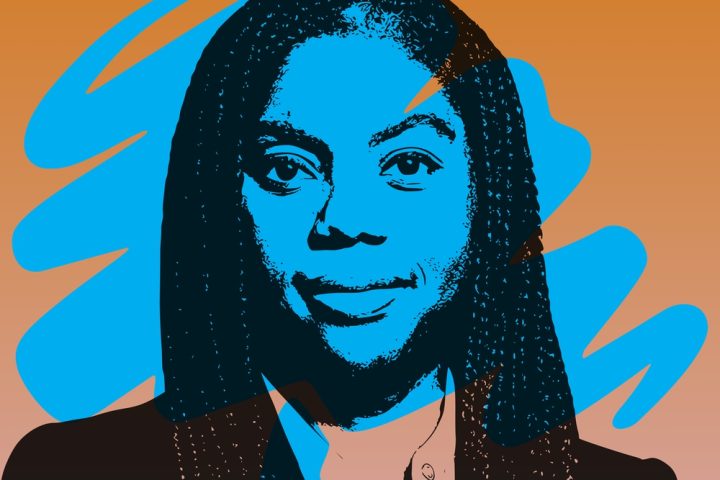The global financial landscape is buzzing with tension and opportunity. In the US, President Donald Trump’s tariff threats on pharmaceutical imports have rattled major drugmakers, sending shockwaves through FTSE 100 stocks. Meanwhile, across the Atlantic, a £100 million deal for an East London industrial site signals a revival in a market that hit a decade low last year. These twin developments highlight a world in flux, where policy shifts and real estate moves are reshaping industries and investments.
Trump’s Tariff Threat Rocks Pharma
Pharmaceutical giants felt the heat after Trump doubled down on plans to slap tariffs on “major” drug imports during a Tuesday speech to the National Republican Congressional Committee. “We’re going to tariff our pharmaceuticals, and once we do that, they’re going to come rushing back into our country because we’re the big market,” he declared. The White House had previously spared medicine from such levies, making this a sharp pivot that caught markets off guard.
The fallout was swift. On the FTSE 100, Astrazeneca tumbled seven percent, GSK dropped 5.7 percent, and Haleon shed over three percent. Across Europe, Germany’s Bayer fell 4.6 percent on the STOXX 50, while Denmark’s Novo Nordisk cratered seven percent in Copenhagen. Investors are spooked, with Susannah Streeter of Hargreaves Lansdown noting, “The threat of tariffs is now hanging over the pharmaceutical sector.” She warned that Trump’s rhetoric could soon morph into a “highly unwelcome move” for the industry.
European pharma firms are sounding alarms, urging EU Commission President Ursula von der Leyen for “rapid and radical action.” The European Federation of Pharmaceutical Industries and Associations estimates a potential €103 billion (£89 billion) investment exodus to the US if tariffs hit. Yet Peel Hunt analysts caution that shifting manufacturing stateside isn’t a quick fix, taking “months to years,” a reason past US administrations dodged such measures on pharma and medtech.
East London’s Industrial Revival
Amid this transatlantic turbulence, East London’s industrial market is staging a comeback. Global real estate investor Kennedy Wilson has snapped up Bromley by Bow Industrial Park for £100 million from developer Fabrix, a deal that breathes life into a sector that slumped in 2022. Post pandemic, online shopping fueled a warehouse boom, but inflation, rising living costs, and high business expenses later dragged demand to a decade low. This acquisition bucks that trend, spotlighting a rare gem in Tower Hamlets, one of only two industrial sites in the borough and London’s most central undeveloped large-scale plot of its kind.
Kennedy Wilson plans to transform the 4.7-acre site, doubling its current space to 135,000 square feet with 10 sustainable industrial units. Mike Pegler, president of Kennedy Wilson Europe, hailed it as “a rare opportunity to acquire a highly desirable industrial scheme in a location with strong underlying fundamentals.” He emphasized the appeal of urban assets with top-tier sustainability credentials, a nod to future occupants’ green priorities. The firm’s UK industrial portfolio now spans nearly 9 million square feet, valued at £1.25 billion.
Fabrix, which secured planning consent in September 2024, sees the project as a win for both industry and community. Louis Duffield, partner and head of investment, called it a “super prime quality space for ultra urban industrial and logistics uses” that will deliver “genuine benefits” to Tower Hamlets. The site’s prime location, just three miles from central London with swift access via the A12, positions it ideally for last-mile delivery firms moving goods from hubs to customers, though Kennedy Wilson expects it to draw a broad range of tenants.
A Tale of Two Markets
These stories collide at a crossroads of policy and property. Trump’s tariff push aims to lure pharma manufacturing back to the US, but the immediate cost is market chaos. FTSE 100 drugmakers, already jittery, face a double whammy: potential supply chain shifts and investor flight. Analysts at Peel Hunt doubt a swift exodus, citing the time it takes to build US plants, yet the uncertainty alone is enough to tank stocks. Streeter’s take captures the mood: investors are bracing for the worst, unsure if Trump’s words will harden into action.
In contrast, East London’s industrial resurgence offers a glimmer of stability. The Bromley by Bow deal reflects a bet on urban logistics, where proximity to consumers trumps tariff tantrums. Kennedy Wilson’s focus on sustainability aligns with a market craving eco friendly solutions, a stark pivot from the pharma sector’s tariff driven woes. While the FTSE 100 reels, this £100 million investment signals confidence in London’s long term industrial appeal, even as global trade winds shift.
What Lies Ahead
The pharma tariff saga is far from over. Trump hasn’t detailed when or how steep these levies might be, leaving Europe’s drugmakers lobbying hard and investors on edge. Across the pond, Kennedy Wilson’s move could spark a ripple effect, reviving interest in London’s industrial zones after years of stagnation. Together, these events underscore a world where bold policy gambits and strategic real estate plays are rewriting the rules, one market at a time.
